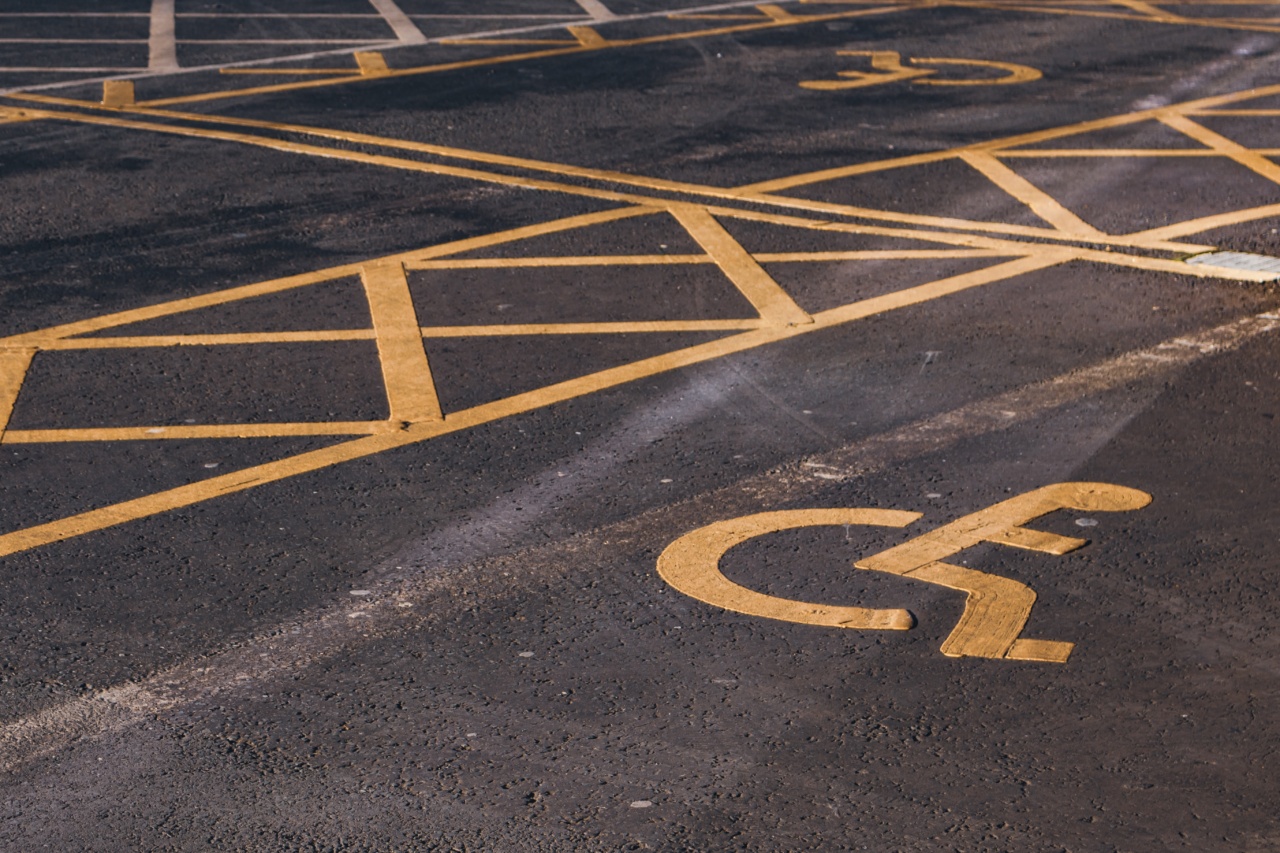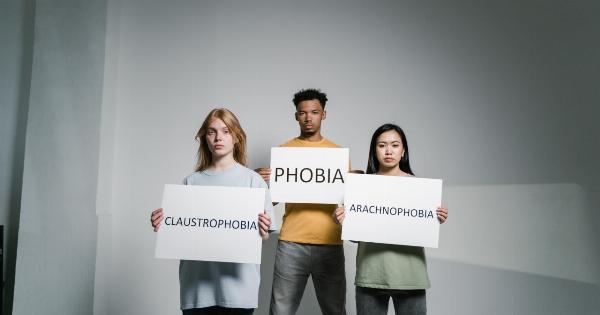Arteries carry blood from the heart to the rest of the body. They play a vital role in keeping all our organs and tissues healthy.
However, when the arteries become narrow or clogged, it can lead to various health problems, such as heart attack, stroke, and peripheral artery disease.
Most people assume that the signs of arteries problem will be visible and consistent. However, some symptoms can be paradoxical, which means they contradict common knowledge.
If you experience these paradoxical signs of arteries problem, it’s essential to take it seriously and seek medical attention.
1. Chest Pain After Exercise
Chest pain after exercise is a typical symptom of coronary artery disease. However, in some cases, chest pain may appear hours after an exercise session. It’s called late-onset exercise-induced angina.
This condition can be a warning sign of narrowing or blockage in the coronary arteries. If you experience chest pain after exercise, it’s essential to get it evaluated by a doctor.
2. Cold and Pale Feet
Our feet are farthest from the heart, so they are the first to show signs of circulation problems. When the arteries in the legs become narrow or blocked, it can lead to a condition called peripheral artery disease.
In some cases, people with peripheral artery disease may experience cold and pale feet. It’s because the blood flow to the feet is reduced due to the blockage. If you observe that your feet are always cold and pale, it’s essential to consult a doctor.
3. Headaches
Headaches can be a sign of various health problems. However, if you experience unexplained headaches, it may be a paradoxical sign of arteries problem. High blood pressure can damage the arteries in the brain, leading to headaches.
If you experience frequent headaches, you should get your blood pressure checked.
4. Jaw Pain
Jaw pain is typically associated with dental problems. However, in some cases, it can be a sign of serious heart problems. When the heart’s arteries become narrow or blocked, it can lead to a condition called angina.
Angina can cause chest pain, but it can also cause pain in other parts of the body, including the jaw. If you experience jaw pain without any apparent dental problem, it’s essential to get evaluated by a doctor.
5. Breathlessness During Exercise
Shortness of breath during exercise can be a sign of poor physical fitness. However, in some cases, it can be a paradoxical sign of arteries problem.
When the arteries in the lungs become narrowed or blocked, it can lead to a condition called pulmonary arterial hypertension. If you experience unexplained breathlessness during exercise, you should consult a doctor.
6. Erectile Dysfunction
Erectile dysfunction can be a symptom of various health problems, including arteries problem. When the arteries in the genitals become narrowed or blocked, it can lead to reduced blood flow, causing difficulty achieving or maintaining an erection.
If you experience erectile dysfunction, it’s essential to consult a doctor.
7. Dizziness
Dizziness can be a symptom of various health problems, including arteries problem. When the arteries in the neck become narrowed or blocked, it can reduce the blood flow to the brain, leading to dizziness.
If you experience unexplained dizziness, it’s essential to consult a doctor.
8. Numbness or Weakness on One Side of the Body
Numbness or weakness on one side of the body can be a sign of stroke. When the arteries leading to the brain become narrowed or blocked, it can lead to a stroke.
In some cases, the stroke can be preceded by transient ischemic attacks (TIAs), which are mini-strokes that last for a few minutes. If you experience numbness or weakness on one side of the body, it’s essential to get evaluated by a doctor.
9. Redness and Swelling in One Leg
Redness and swelling in one leg can be a sign of deep vein thrombosis (DVT). It’s a condition in which blood clots form in the deep veins of the leg. DVT can be caused by poor blood flow due to the blockage in the arteries.
If you experience redness and swelling in one leg, it’s essential to get evaluated by a doctor.
10. Abdominal Pain after Eating
Abdominal pain after eating can be a sign of various health problems. However, in some cases, it can be a paradoxical sign of arteries problem.
When the arteries leading to the intestines become narrowed or blocked, it can lead to a condition called mesenteric ischemia. Mesenteric ischemia can cause abdominal pain after eating. If you experience unexplained abdominal pain after eating, it’s essential to consult a doctor.
Conclusion
Arteries problem can be a silent killer, and sometimes the symptoms can be paradoxical. If you experience any of the above paradoxical signs, it’s essential to consult a doctor.
Early diagnosis and treatment can go a long way in preventing serious health problems.































